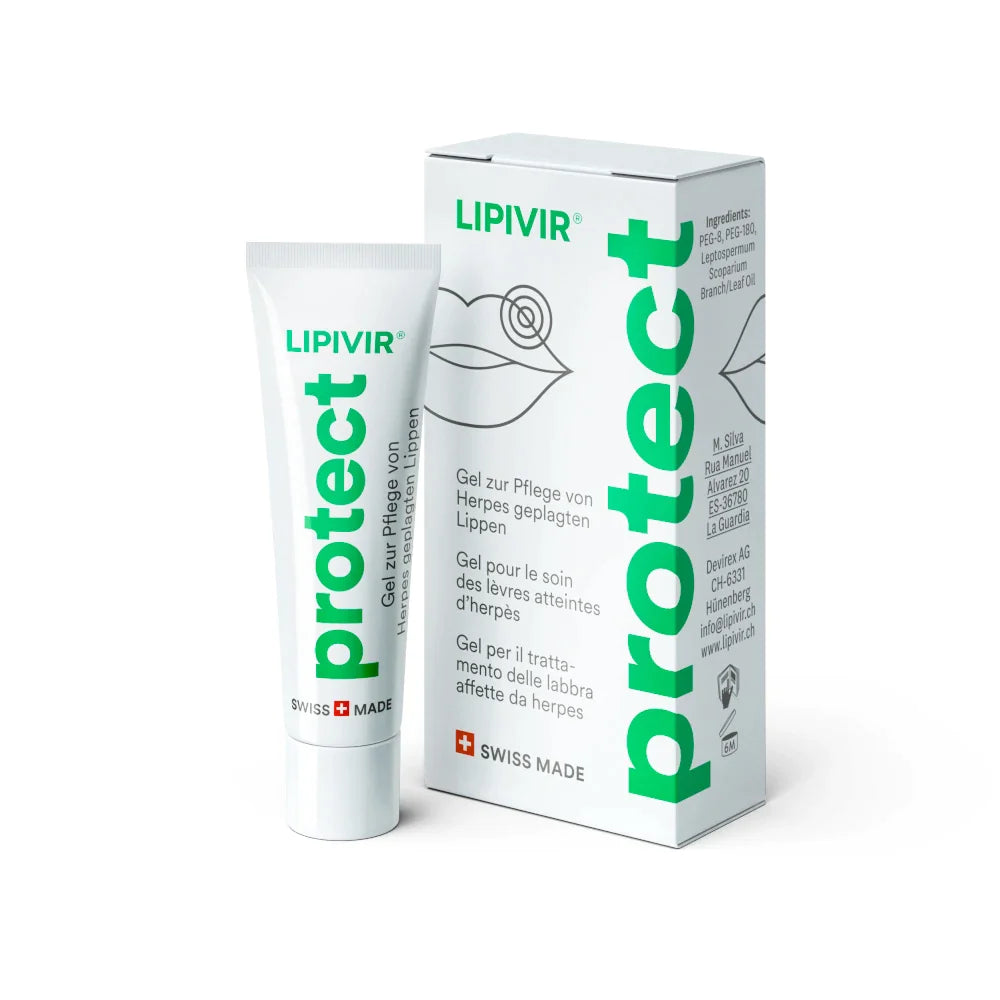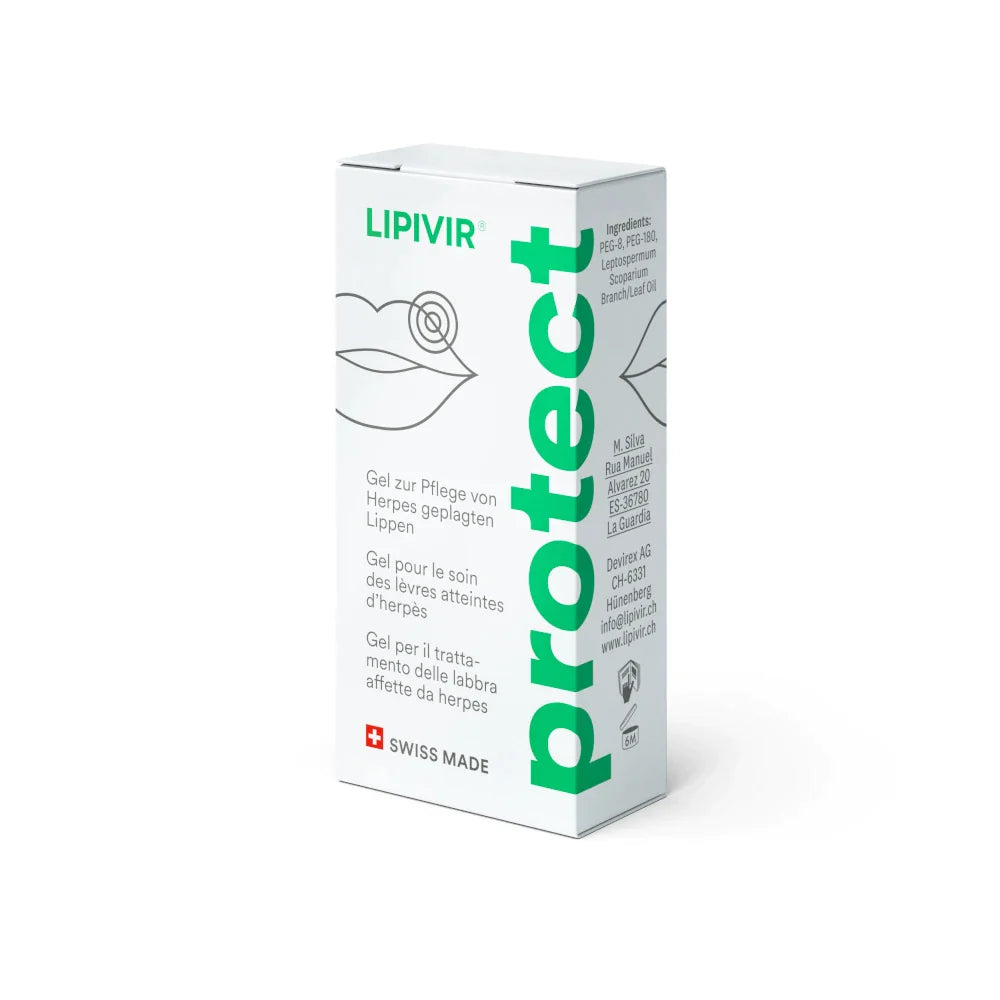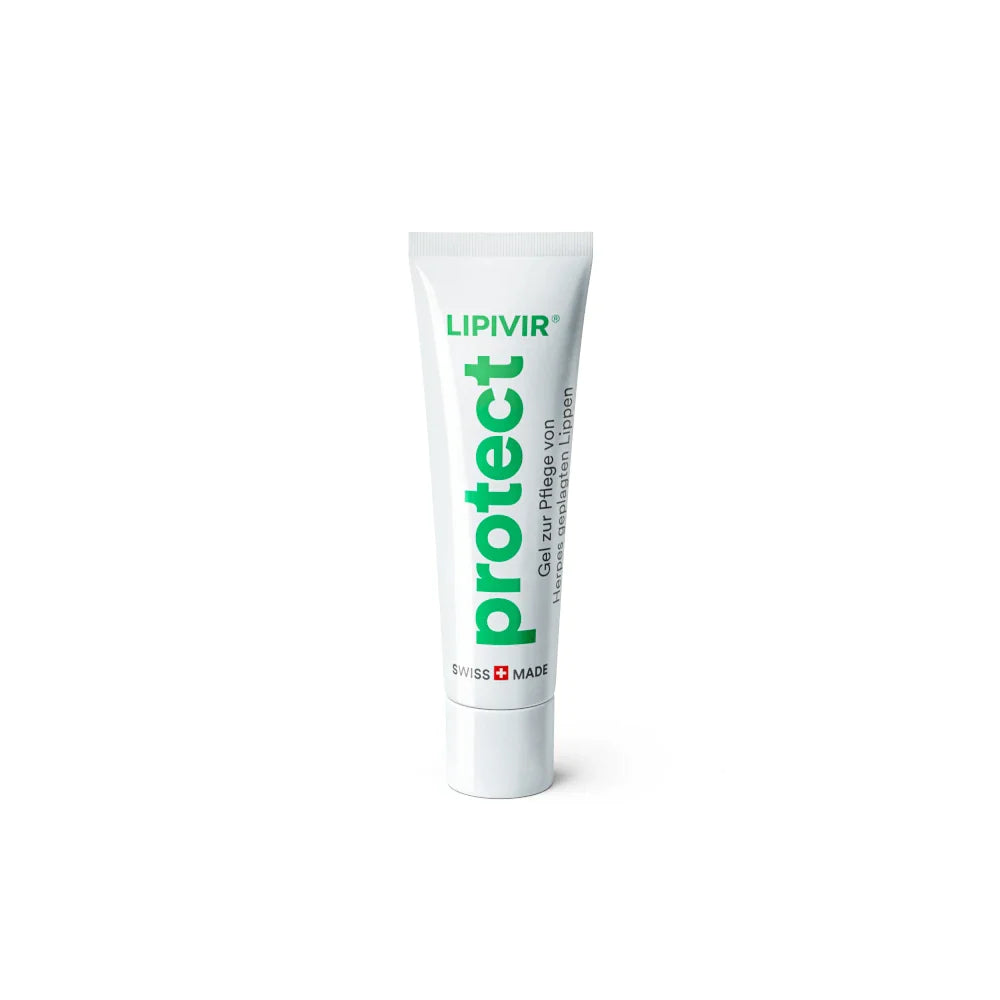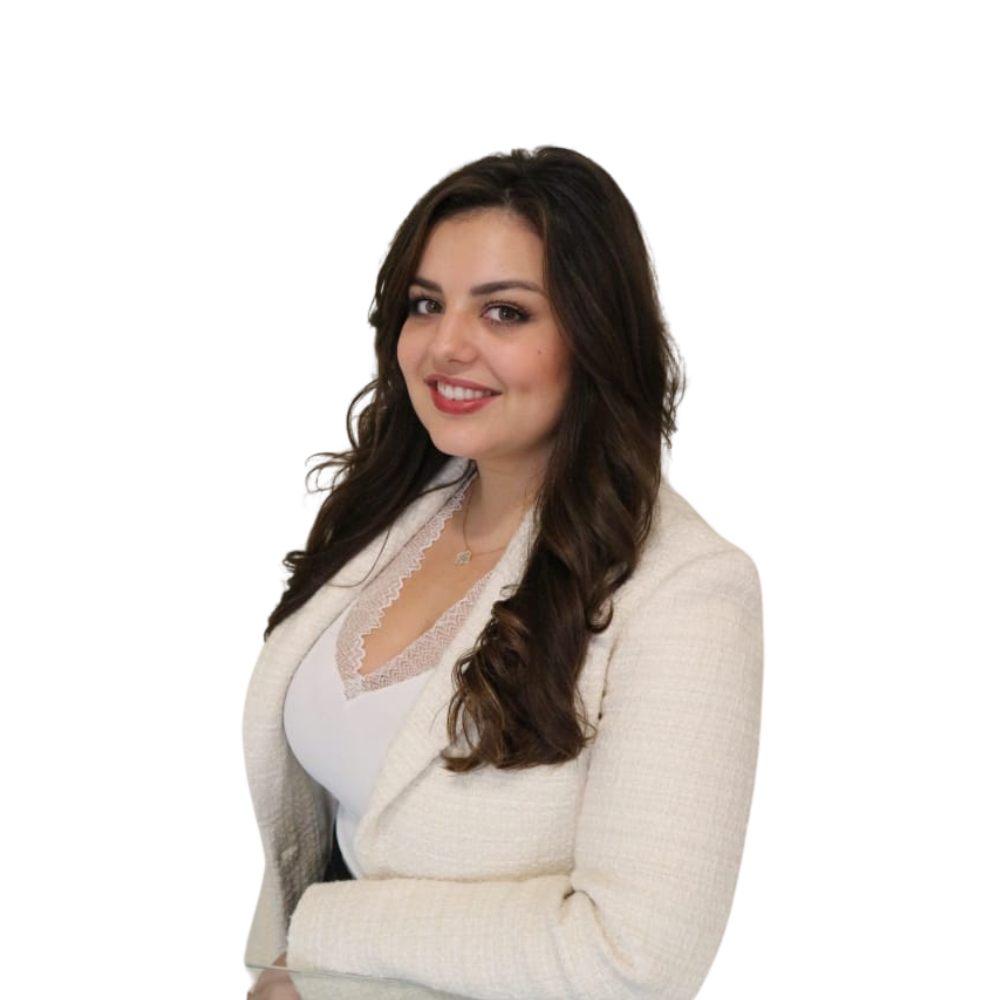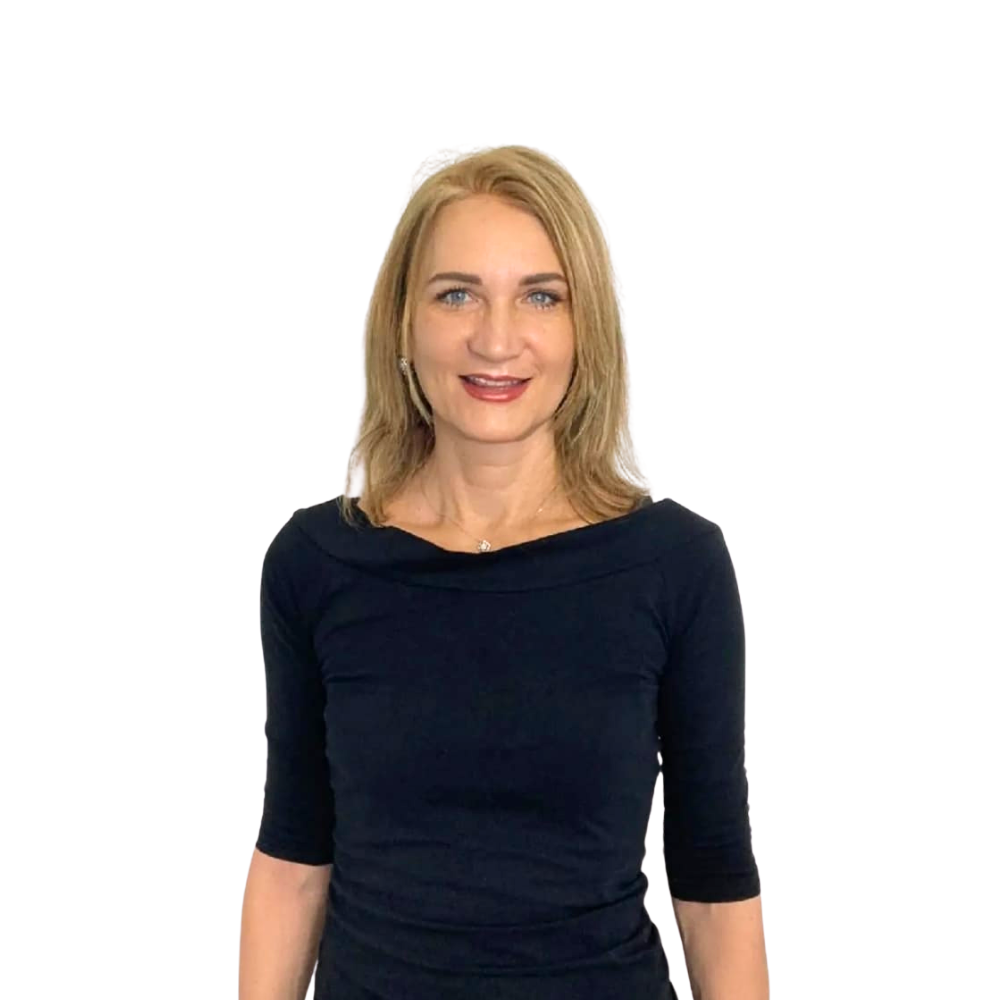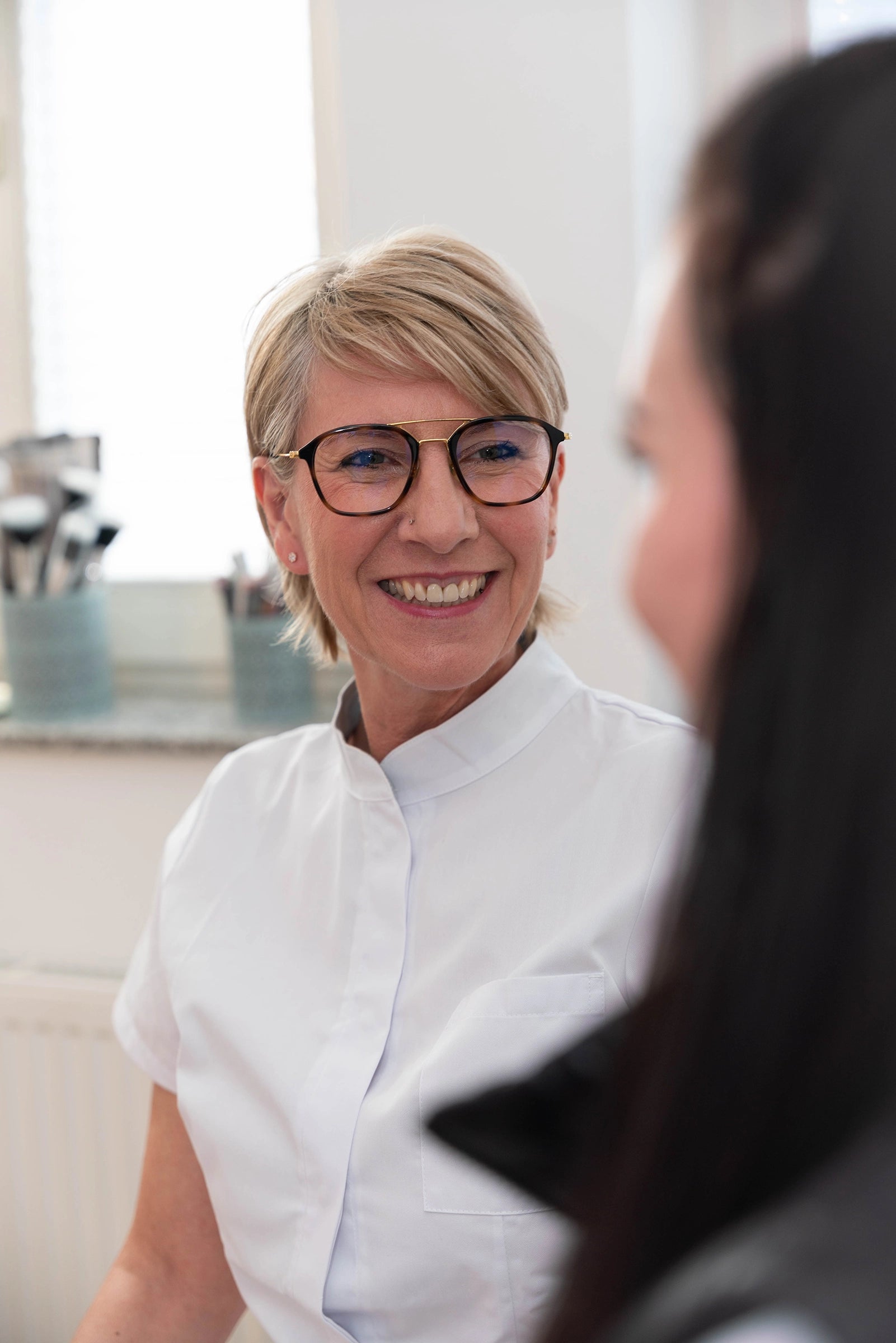Confezione da 10 LIPIVIR® Protect
10 x 2.5 ml
The unique base in combination with MANUKA OIL specifically cares for and protects lips suffering from herpes.
Free from preservatives
Product information
You don't have to fight what you can prevent.
Swiss Science has developed a lip care product that starts before the outbreak of cold sores.
Ingredients
PEG-8, PEG-180, Leptospermum Scoparium Branch/Leaf Oil
Application
Morning and evening LIPIVIR® Protect Apply thinly with your finger to the lips and surrounding skin. After about a minute, you can use other skincare or makeup. LIPIVIR® Protect appears discreet and invisible.

